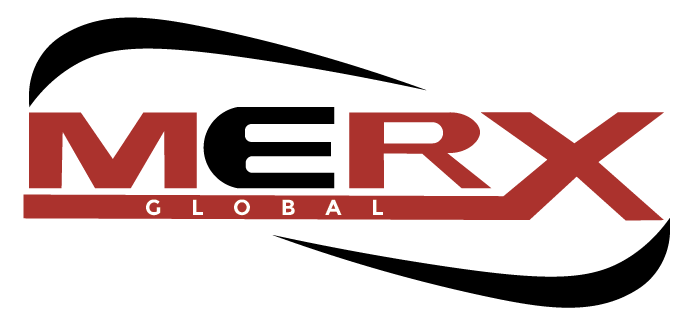As United States-driven tariff-related actions continue to dominate the narrative in supply chain and freight transportation circles, leading to a new “Trade War,” it is not an understatement to say it has brought with it a sense of economic uncertainty, and unease regarding macroeconomic conditions.
That has been seen in various ways, including companies debating where or when to make capital investments, hire new employees, or expand into new geographies. At the same time, this uncertainty, as recently reported by LM can take shape in various forms, including: geopolitical events; weather; a pandemic; longer lead times; shifts in demand; freight-related bottlenecks, and rising costs.
The trade war, in a very short time, has seen some key economic indicators—and also forward-looking data—take a dip, to be fair. That was made clear in research recently issued by London-based Fitch Ratings, which explained that the trade war will have various effects, none of which are viewed as positive, including: reducing both U.S. and global economic growth; increase U.S. inflation; and delay Federal Reserve rate cuts.
Fitch Ratings also said it has reduced its 2025 U.S. growth forecast down to 1.7% from December’s 2.1% projection and its 2026 forecast to 1.5% from 1.7%—which it called “well below trend” and down from nearly 3% annual growth rates in 2023 and 2024.
“We expect world growth to slow to 2.3% this year, well below trend and down from 2.9% in 2024,” said Fitch Ratings. “This is a downward revision of 0.3 pp [percentage points] and reflects broad-based reductions in developed and emerging economies. Growth will remain weak at 2.2% in 2026.”
As for the impact of tariffs on the economy, Fitch Ratings stated that there is what it called huge uncertainty about how far the U.S. will go on that front, with the caveat its expectations could be too harsh.
“There are risks of a larger tariff shock including from an escalating global trade war,” it said. “Moreover the U.S. administration has set out an import substitution agenda—aimed at boosting U.S. manufacturing and reducing the trade deficit—which it believes can be achieved with higher tariffs. Tariff hikes will result in higher U.S. consumer prices, reduce real wages, and increase companies’ costs, and the surge in policy uncertainty will take a toll on business investment.”
In a year-to-date assessment of the current state of the freight economy, Keith Prather, Managing Director, Armada Corporate Intelligence, said that coming out of 2024 inventories were balanced, with the expectation that 2025 would be a solid year for freight activity, as evidenced by a solid start to the year.
“We had some good, solid signals in January, Prather told LM. “We were also getting some pretty decent signals in February, spilling over into March. But now we’re kind of wondering how much of that was really companies trying to get ahead of tariff risk, trying to get ahead of what was the risk of a port strike in January, which resulted in little bit of pulled forward freight activity that would have been scheduled for Q2 but maybe we’re getting a little bit of that in Q1. Then we throw on top of that all the volatility that we’re going through right now, and it has created a very challenging and dynamic freight environment”
Looking ahead, higher consumer prices could be viewed as a driver for a recession in the second half of this year.
That was a point made by Mark Zandi, Chief Economist for Moody’s Analytics, in a recent social media posting, in which he pointed to consumer confidence, as measured by the Conference Board being down 17 points over the last three months.
“Remember my #1 recession watch indicator is that if confidence falls by 20 points over three months, consumers stop spending and recession ensues about six months later,” said Zandi. “This indicator isn’t flashing recession red, but it is flashing a bright yellow. The good news is that it is tariffs and other economic policies that have consumers spooked. These policies can be changed and confidence would recover. Recession avoided. The bad news is that this shift in policy course has to happen soon.”
Will that happen soon? The short answer is that nobody knows for sure, something which has been made clear, given the stop-and-start nature of tariff policies coming out of the White House.

